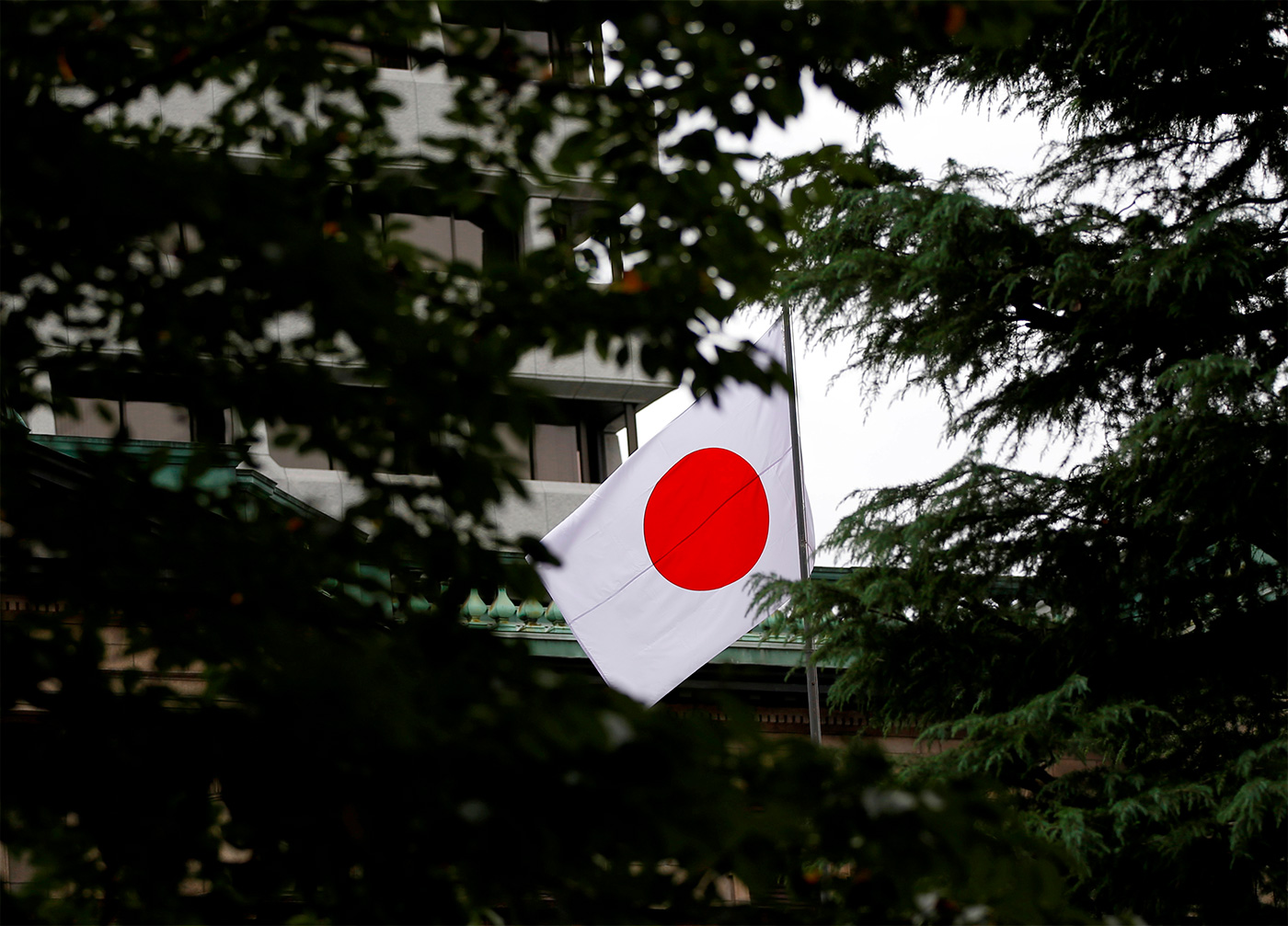The Japanese Come Bearing Gifts: A Problem of Implementation
In
Login if you are already registered
(no votes) |
(0 votes) |
Russia–Japan relations continue to follow a familiar pattern, with the two sides still testing the waters with regard to ways of resolving the territorial dispute. Prime Minister Shinzō Abe’s brother, Senior Vice-Minister for Foreign Affairs Nobuo Kishi, and then Minister for Foreign Affairs Fumio Kishida, have refused to rule out the possibility of handing two of the disputed islands over to Russia, a move that would soften the traditionally hard-line approach taken by Tokyo towards the four islands that are the centre of the disagreement. Japan is using the prospect of multi-billion dollar economic cooperation with Russia as a “carrot” in the issue.
Such cooperation has been touted aggressively by the Japanese leadership, and on an unprecedented scale – both in specific terms, and in terms of potential investments. The question of how Japanese merchants will react remains open.

REUTERS/Toru Hanai
The most recently announced figures point to 1 trillion yen (around $9.6 billion) and 41 projects. A significant part of the package is investment in major infrastructure and technology facilities in the Russia’s Far East, namely the ports of Vladivostok, Vostochny and Zarubino, and a gas refinery near Vladivostok. As for energy projects, in addition to the long-discussed Sakhalin–Hokkaido energy bridge, Japanese companies have shown a growing interest in recent years in Arctic gas fields, particularly Yamal LNG. The scale of the proposed project involves, as a minimum, prior approval from the Japanese authorities with regard to commercial agents – trading houses, industrial enterprises and banks.
Can the Japanese authorities invoke directives in order to tell businesses what to do? Despite (or perhaps thanks to) the fact that the public and private sectors are so closely linked, post-War Japan was not exactly known for its “dirigisme” in economics. The American political scientist Richard J. Samuels referred to the model of interaction between the state and private actors on the energy markets that developed in Japan towards the end of the 1980s as the “state as guarantor,” meaning that “the Japanese state permeates the market, but it does not direct or control private interests and does not oversee them.” While almost three decades have passed since that concept was created, and various reforms that have greatly affected the Japanese economy have been carried out, the model can be revamped by the Shinzō Abe administration. Experts have likened Abe’s reforms – more commonly referred to as “Abenomics” – to Keynesian economics, and even to state capitalism in a similar vein to Russia, China and Singapore. Either way, the role of the state in the economy has increased during Abe’s tenure. One of the side-effects of state intervention in the securities market has been the threefold increase in the number of shares in more than 400 companies (almost one quarter of all companies trading on the Tokyo Stock Exchange) controlled by the Bank of Japan and the state pension fund.
Regarding Russian projects in particular, public funding and the social safety net serve as significant incentives for Japanese companies. The “pace setters” in the new markets will be key players here, taking on part of the risks – for example, the Japan Oil, Gas and Metals National Corporation (JOGMEC) resource corporation and the Japan Bank for International Cooperation (JBIC). JBIC recently announced its interest in financing Yamal LNG. What is more, the new Minister of Economy, Trade and Industry is Hiroshige Sekō, former head of the public-private Coordination Council for the Development of Relations with Russia and recently appointed Minister for Economic Cooperation with Russia. The Japanese private sector has also demonstrated an interest in cooperation. For example, in early October, the high-profile Keidanren (Japan Business Federation) committee signed a memorandum of cooperation with the Russia–Japan Business Council. Despite the best efforts of Tokyo, the current difference in the exchange rate of the yen is still expensive, and the cheap rouble is also advantageous for Japanese investments. The situation is thus conducive to enhancing economic cooperation. Japan has offered the Russian side 49 joint projects in various industries (the number has since increased to 68), from energy to agricultural exports. However, regardless of the final investment volumes and exactly where such investments will be directed, much will depend on the tax and legal environment in Russia. Here, the Japanese state as guarantor cannot do without its Russian counterpart.
(no votes) |
(0 votes) |




